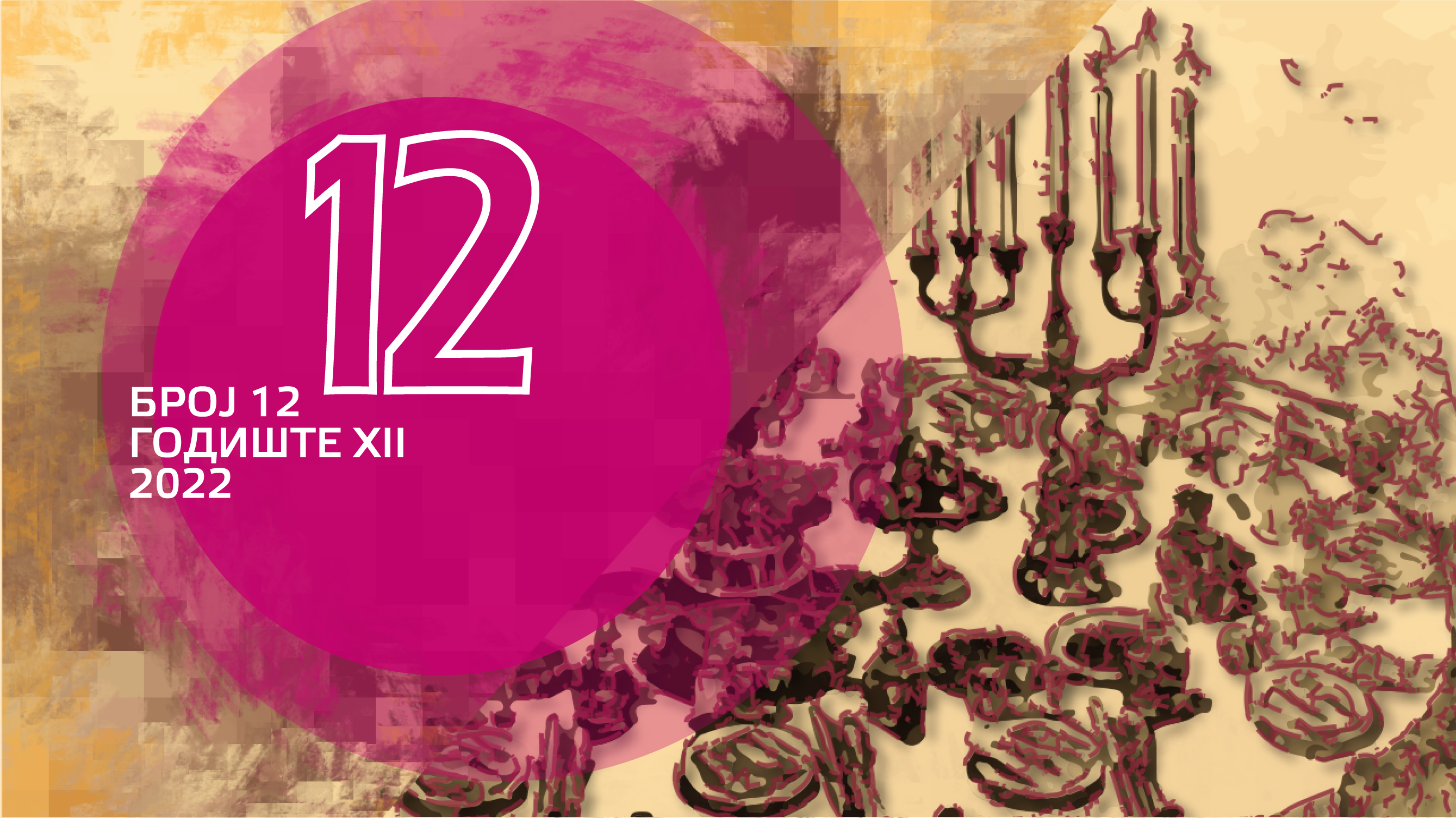Женско питање и концептуализација брака у Мидлмарчу Џорџ Елиот
The “Woman Question” and the Conceptualisation of Marriage in George Eliot’s Middlemarch
Author(s): Nataša V. NinčetovićSubject(s): Cultural history, Studies of Literature, Gender history
Published by: Филолошки факултет, Универзитет у Београду
Keywords: doll; influence/power; Dorothea Brooke; Rosamond Vincy; egoism
Summary/Abstract: George Eliot was often a target of feminist criticism due to her conventional representation of female characters. The aim of this article is to pоint to the fact that, аlthough grounded in conservative ideology, her attitudes toward the “Woman Question” and marriage were original and unconventional. Although George Eliot’s views were ahead of her time, she did not take part in the ongoing struggle of the Suffragettes. Still, the implication of Middlemarch is that women were limited by their gender during the Victorian era. To be a woman and to want to achieve something grand and important is nothing but easy in the fictional world of Dorothea Brooke. The novel implies that opportunities for women were limited, but that women still could realize their aspirations through moral influence. Ideally, female characters in Eliot’s fiction function as moral guides exerting influence on men. Moreover, influence is the means for achieving their own goals. Although Dorothea Brooke achieves some kind of an agreement with society, she does so under her own terms, and the epilogue of the novel suggests that, although unknown, a lot of women in a similar manner positively influence the progress of society – by means of indirect influence in a narrow circle of friends and acquaintances. In this respect, the destiny of Dorothea Brooke is representative and it glorifies the modest contributions of ordinary people. When it comes to the concept of marriage, the implication of the novel is that the institution of marriage undergoes a crisis because it is founded on wrong values. Marriage should not be reduced to a social contract and it should not be rushed into, but it should rather be seen as an opportunity to create a meaningful and open relationship through closer insight into yourself and your partner. In Eliot’s opinion, a crucial requirement for a successful marriage is openness and maturity of thoughts and feelings. Contrary to how marriage is presented in a typical Victorian novel, in Middlemarch it is presented not as the final goal but as the beginning of a communion which brings many challenges and problems, which might be overcome only bymutual goodwill and effort. Her first marriage is unfruitful because there is no understanding between her and Mr. Casaubon. However, Dorothea’s second marriage is characterized by openness and her second husband, Will Ladislaw, is a man eager to be guided and helped. Their mutual openness and effort lead to mutual understanding and to the development of a relationship all couples should aspire to.
Journal: Књиженство
- Issue Year: 12/2022
- Issue No: 12
- Page Range: 58-72
- Page Count: 15
- Language: Serbian

